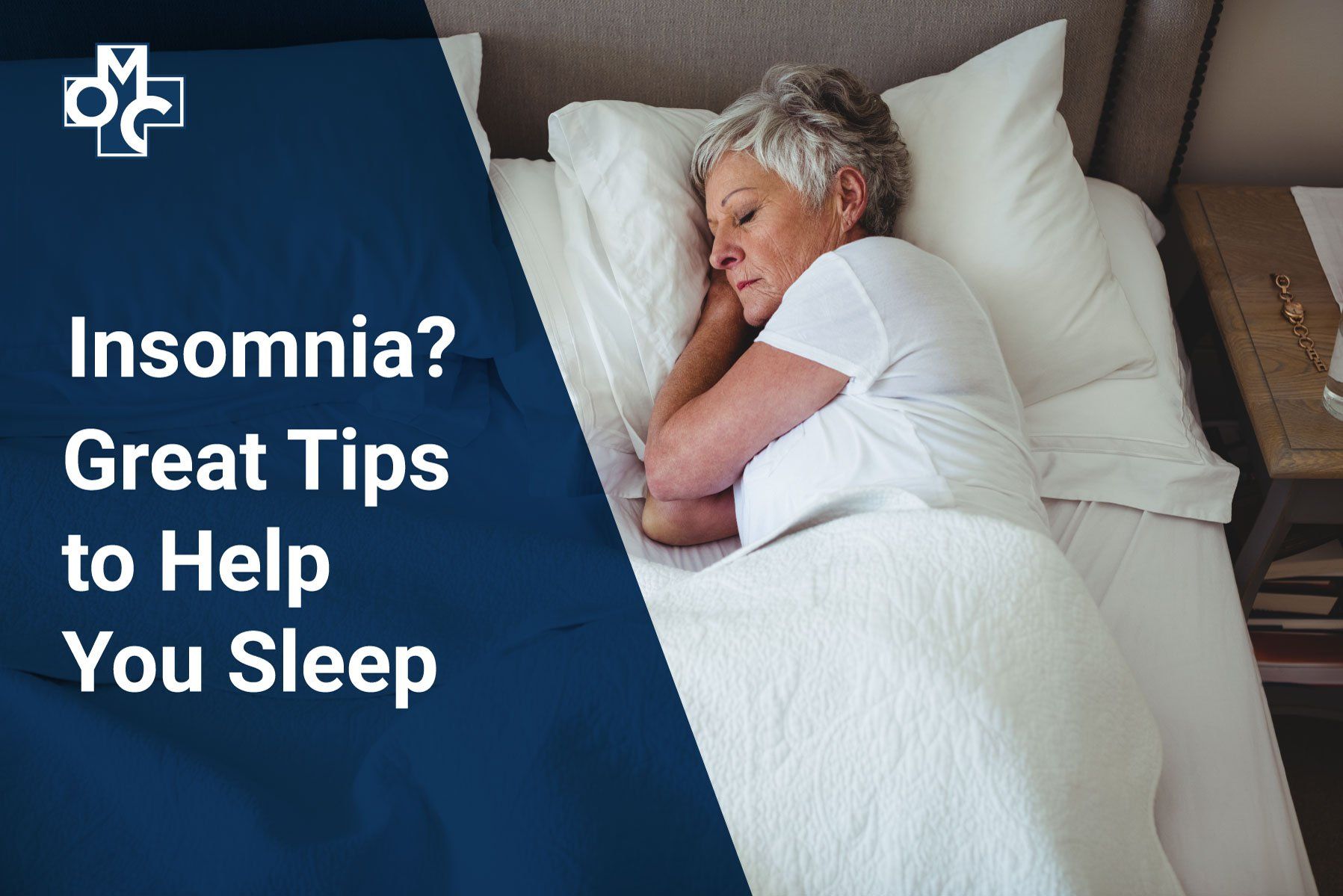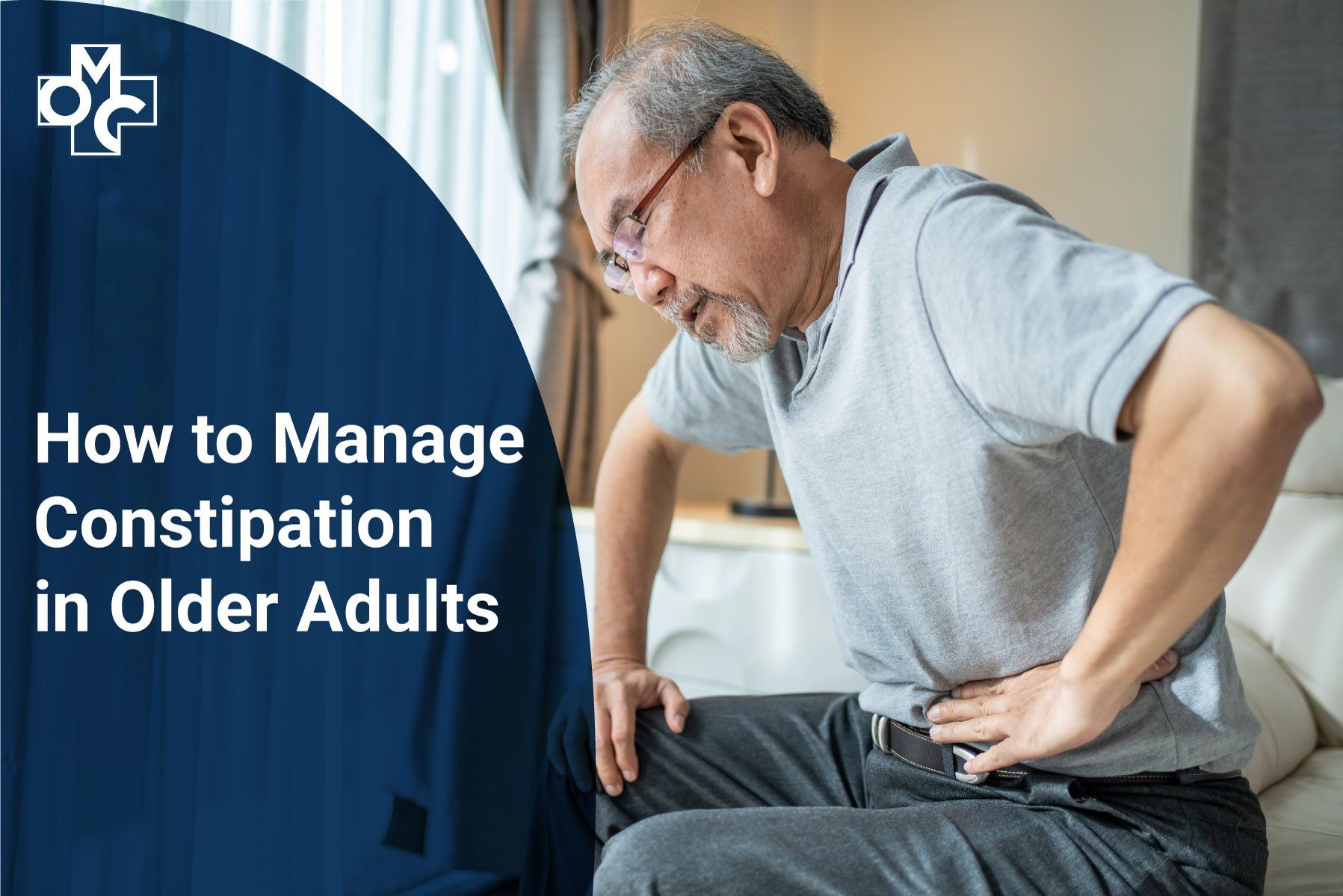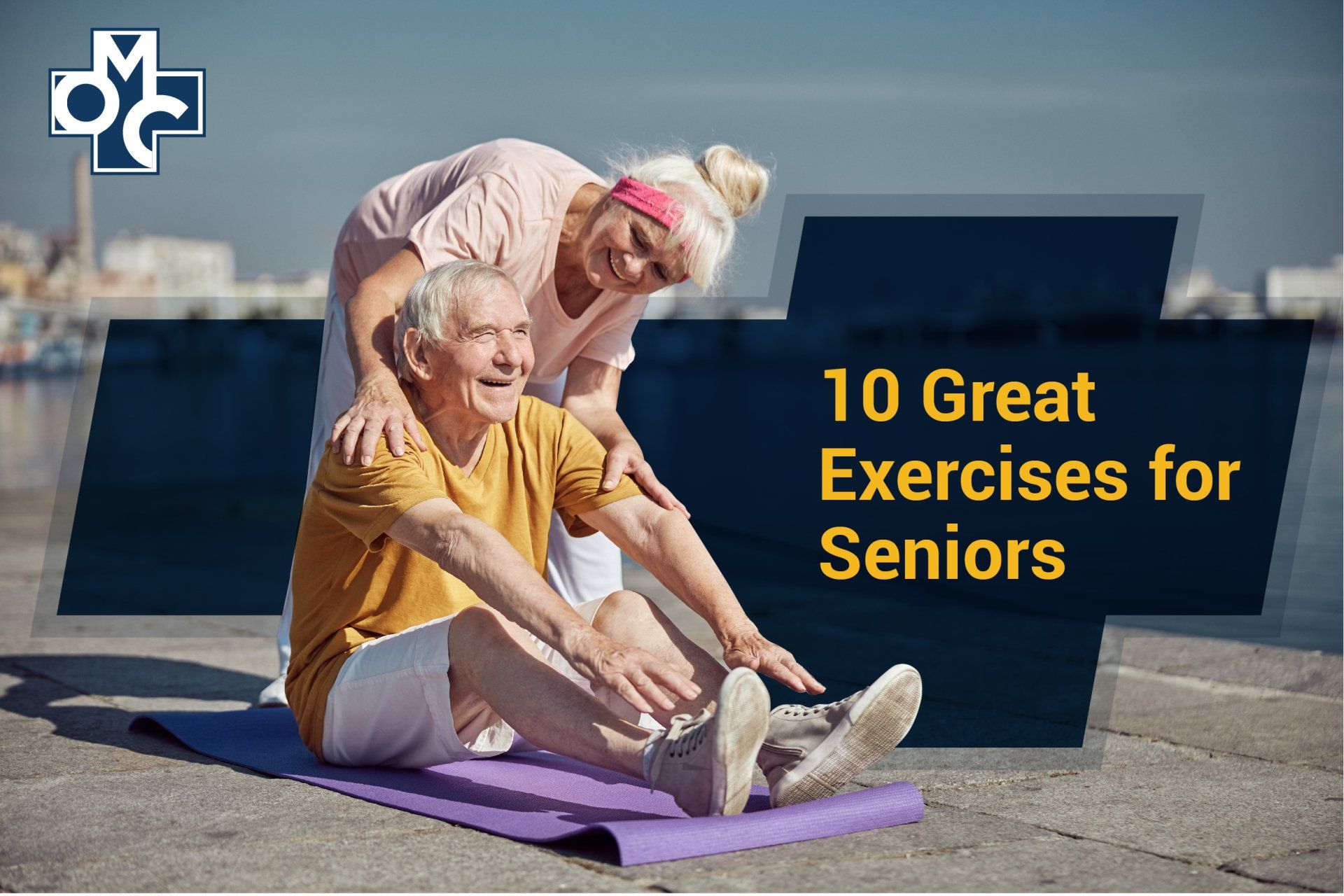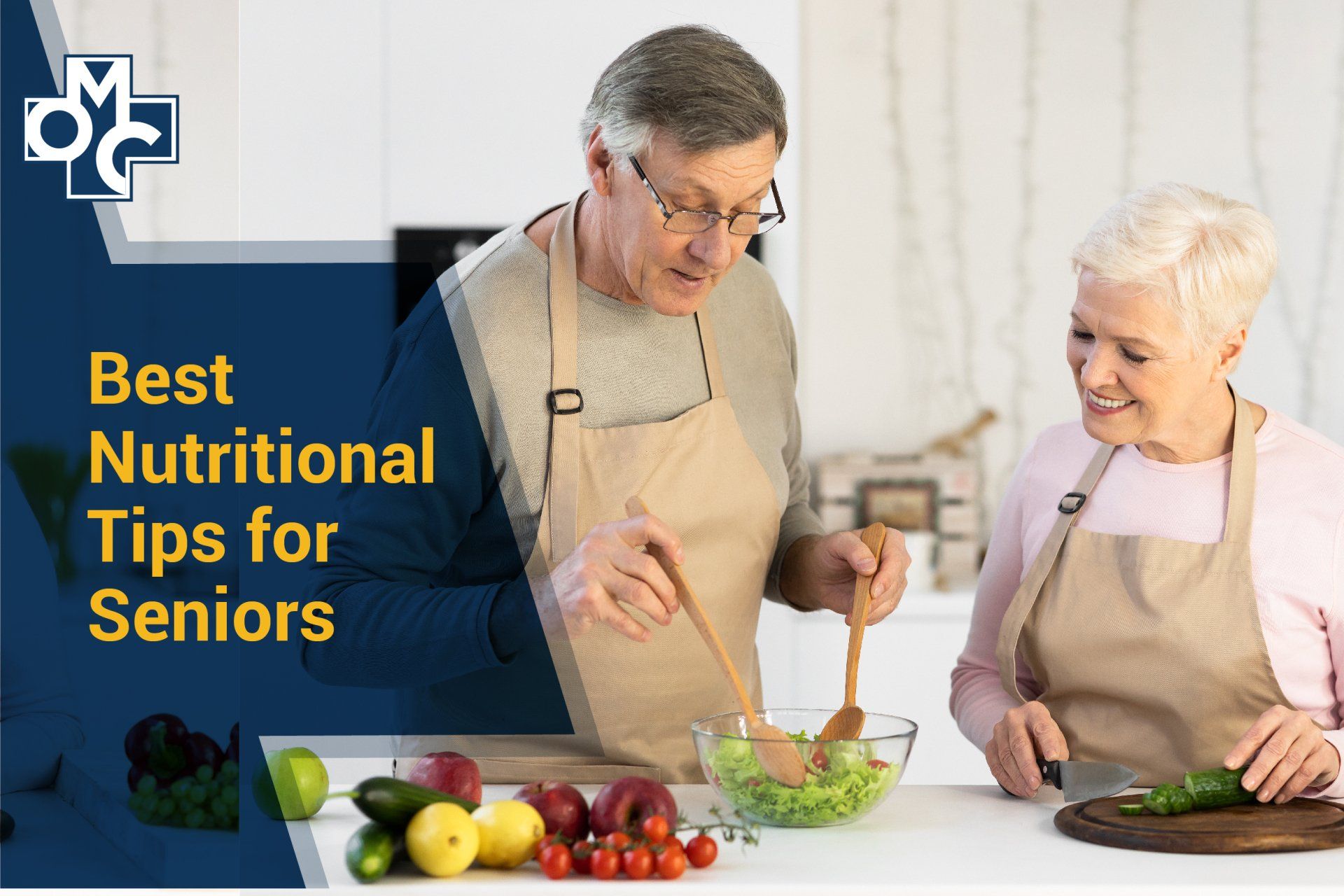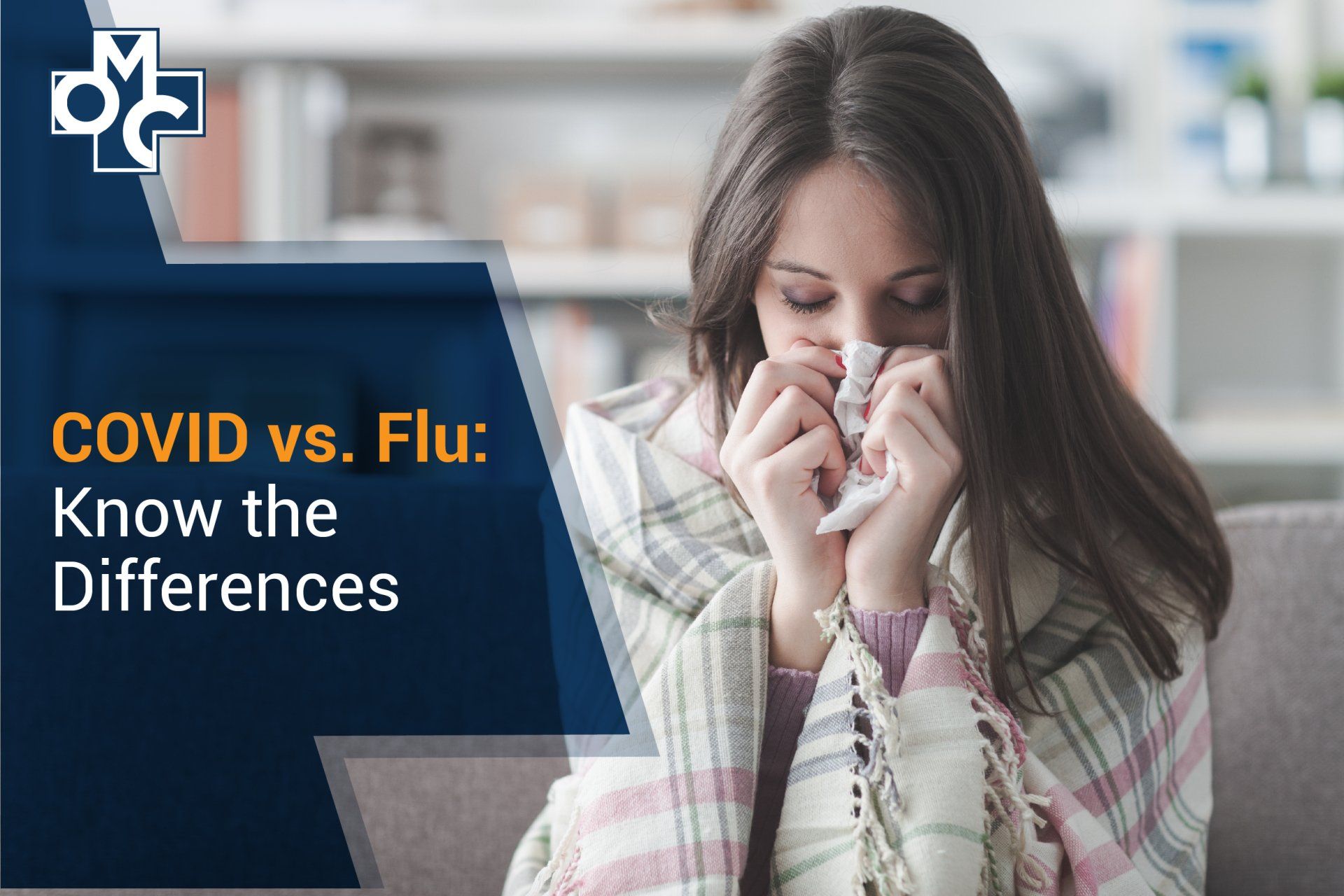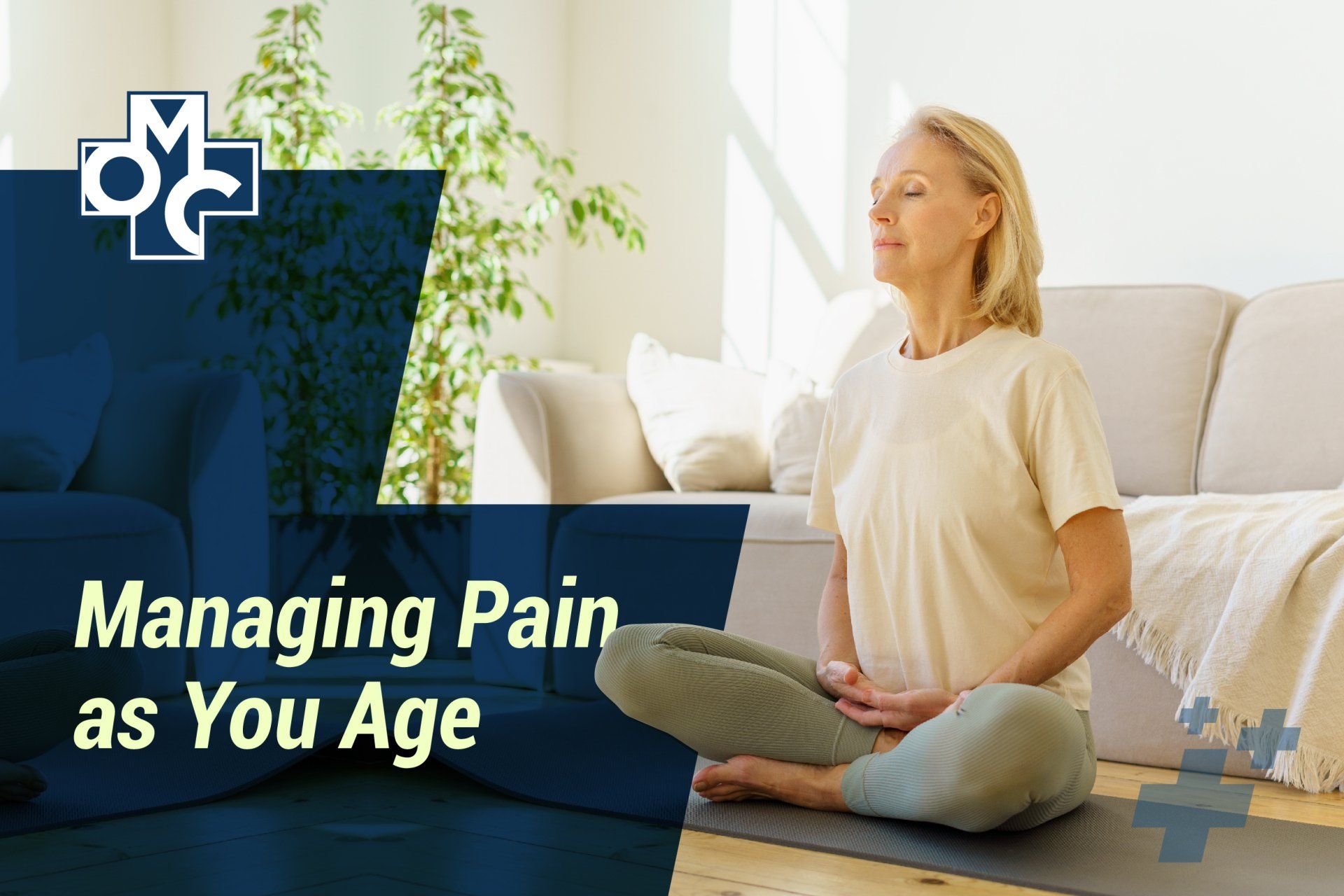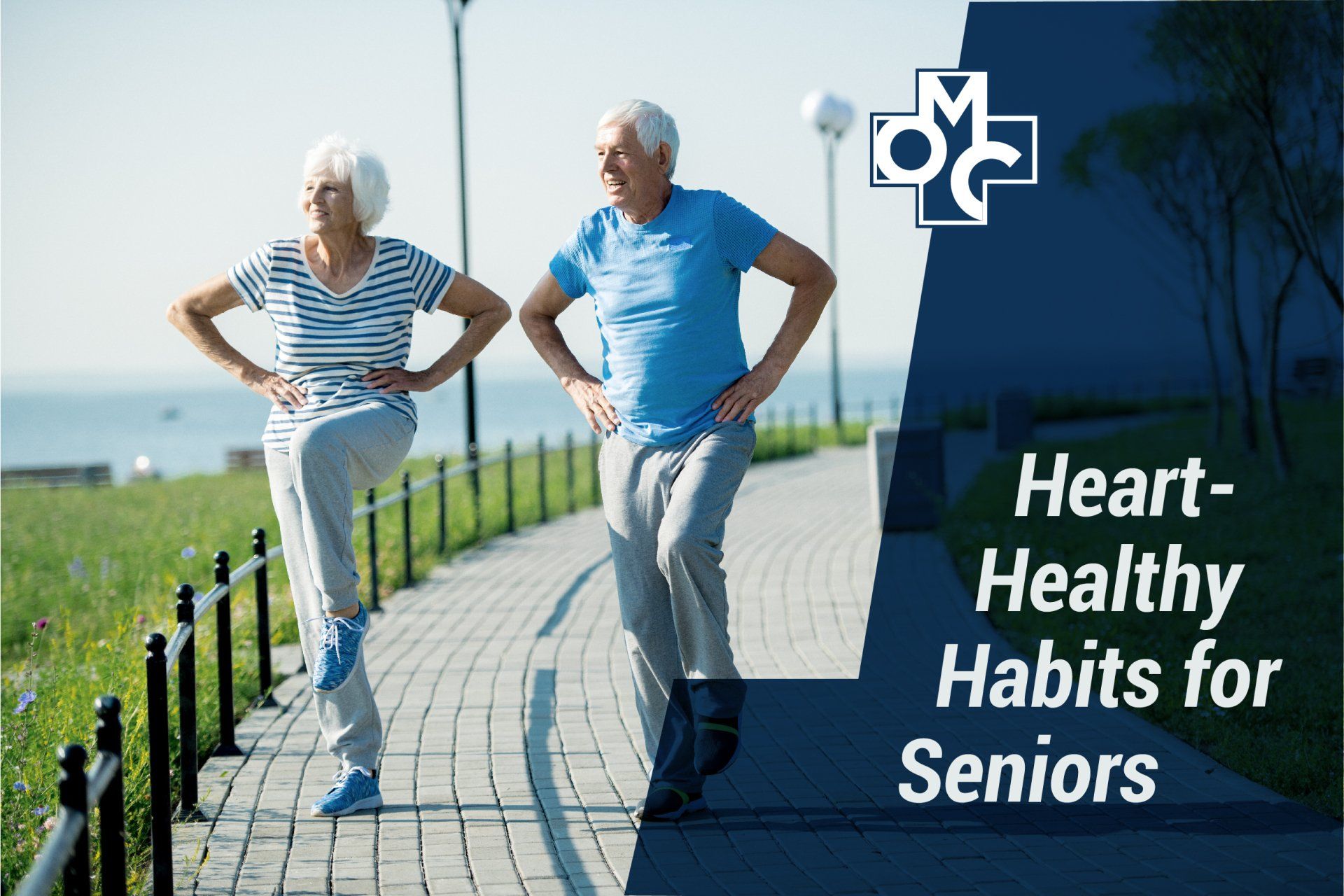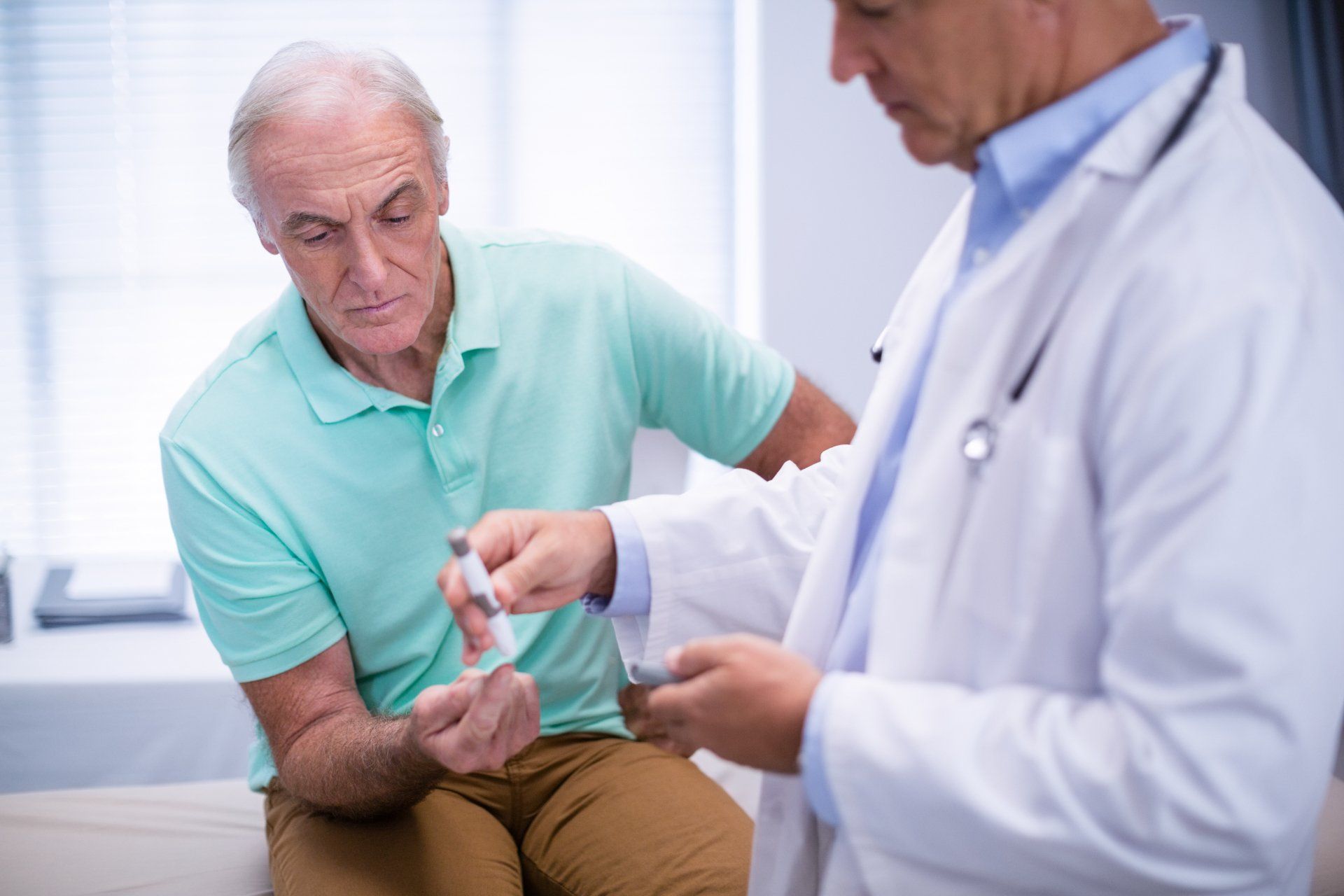The Dangers of Overheating in Seniors
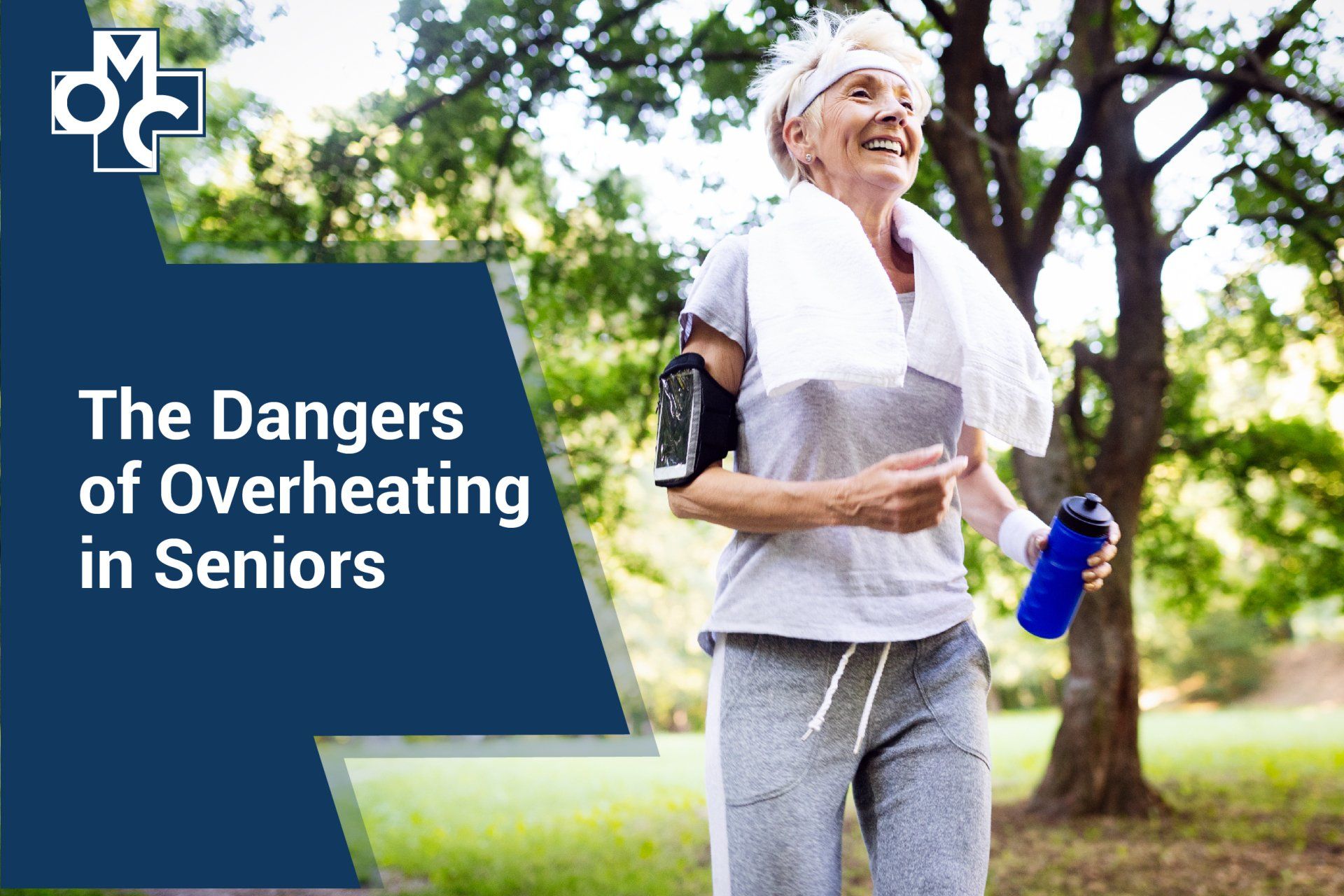
Extreme heat can be dangerous at any age. As we get older, the body's natural defense becomes weak. That's why it can be particularly worse for older people. They are more likely to suffer from overheating and other heat-related illnesses. Thus, here’s everything you need to know about the hazards of overheating and how to avoid it:
What is Overheating?
Overheating or heat exhaustion is the result of exposure to extreme heat for an extended period. It's also a sign that your body struggles to regulate the heat and keep a normal body temperature. This usually happens when doing strenuous activity in an environment with high humidity and temperature. However, any mild to moderate activity under unbearable heat can lead to heat exhaustion in older people. Lack of water or dehydration contributes to this as well.
Overheating Symptoms:
- Nausea or vomiting
- Muscle cramps
- Heavy sweating
- Tiredness
- Dizziness
- Cold, moist skin
- Weak or rapid pulse rate
If symptoms worsen, call medical help quickly. You can also move the patient to a shady place or give them mild shower baths. Ease the symptoms as soon as possible.
Overheating can also lead to:
Heat Stroke
Older people are at most risk because their bodies are less able to adapt to temperature changes. It is a life-threatening condition and requires emergency treatment. Here are the signs you should look out for:
- Loss of consciousness
- Body temperature over 104°F (40°C)
- Behavioral changes—Confusion, agitation, or grouchiness
- Slow or weak pulse
- Dry or damp, hot skin
- Strong, rapid pulse
If you think a person may be experiencing heat stroke, call 911 or your local emergency services number as soon as possible.
Heat cramps
Heat cramps involve painful contractions in your arms, stomach, and legs. Stop any physical work when you experience these symptoms. Dehydration is one of the leading causes of heat cramps among seniors. It makes your skin moist and cool, though your pulse and body temperature are in a normal state. Avoid drinks with alcohol or caffeine and drink plenty of fluids. If symptoms persist for more than an hour, call medical assistance.
Heat Syncope
Syncope is more common as you get older. It also affects 6% of those people over age 75. It happens when you experience sudden dizziness after exposing yourself to extreme heat. Lack of fluids in the body could be a factor. You may feel faint due to hours of standing in the hot weather. You can treat this by resting and drinking enough water.
Why is Overheating Dangerous for Seniors?
As we grow older, our bodies find it harder to regulate internal temperature. Overheating is risky for seniors because they sweat less than young adults. The fat they store in their bodies also differs, which complicates heat regulation. Extreme heat increases the body's temperature. That's why older people are more susceptible to heatstroke throughout the summer.
Here are also some risk factors:
- Kidney diseases. Talk to your doctor before you increase the amount of fluid you drink. Dehydration could be your problem.
- Cardiovascular problems. If you have heart disease, you have a higher risk of heatstroke.
- Obesity. Being overweight can impair your body's ability to regulate its temperature, resulting in heat build-up.
- Personal problems. Older people become frail or have mental health problems. These factors make it hard for seniors to take extra care during hot weather.
- Medications. Taking some drugs or medication has tendencies to reduce sweating.
It also hinders the body's ability to keep an average temperature.
- Alcohol intake. These make it harder for your body to regulate temperature.
Heat Safety Tips for Seniors
These few safety tips can help lower your risks of overheating. Take note of these things to cool your body and to secure during hot weather.
Avoid strenuous activity during hot weather. Exercise is essential for older people. However, a simple walk or a jog under high temperatures can be dangerous.
Don't drink alcohol or caffeine. These can cause dehydration.
Drink more fluids. Water is good therapy for the body. It can help maintain average body temperature. Seniors or the elderly should also take vegetable and fruit juices. Juices are suitable liquids to beat the summer heat.
Cool your surroundings. Turn on your air conditioning. Try to keep your house cool if you do not have fans or air conditioning. If your home still isn't cool enough, try going to a mall, senior center, or a friend's house. Anywhere will do as long as the temperature is cool enough to keep your body temperature regular. You can also ask friends, family, or your town or city for assistance.
Wear appropriate clothing. Don't wear heavy or dark-colored fabrics. It will trap body heat that will cause your temperature to rise. Choose an attire that is easy to breathe in. Lightweight clothes are better and allow heat to escape, as well.
Put sunscreen on. Put on sunblock before leaving the house. It's better than getting a sunburn.
Take Extra Precautions
You must be cautious when you have health issues. This reason alone increases the risk of heat-related problems. Stay out of the heat quickly if you notice overheating symptoms. Limit the duration of physical activities in hot weather. Be certain medical services are nearby in case of emergencies.
Ocana Medical Care, located in Tampa, FL, aims to bring you as much information as possible to keep you healthy. We’re in this together. #ocanacares

